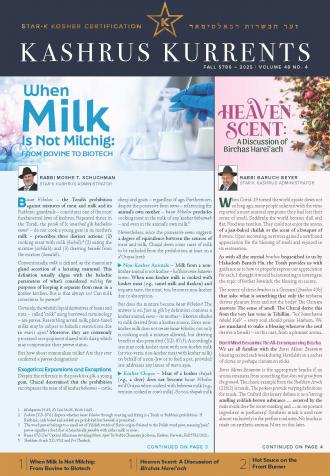Latest report by Central Bureau of Statistics reveals decline in population growth, immigration
Israel's population has reached 9,246,000, adding more than 150,000 people since the previous Jewish New Year, the Central Bureau of Statistics reported Wednesday.
Join BJL status for engagements, births, deals, levayos, events & more: bit.ly/32HUBnJ
Join an official BJL WhatsApp group for breaking news as it happens: bit.ly/34zdGuF
While 44,000 Israelis died over the period, about 170,000 births were registered, and about 25,000 immigrants joined Israeli society -- mostly under the Law of Return, which entitles people with Jewish roots to Israeli citizenship.
According to the stats authority, the figure represents an increase of some 1.6 percent against the previous one-year period. Read more at i24












